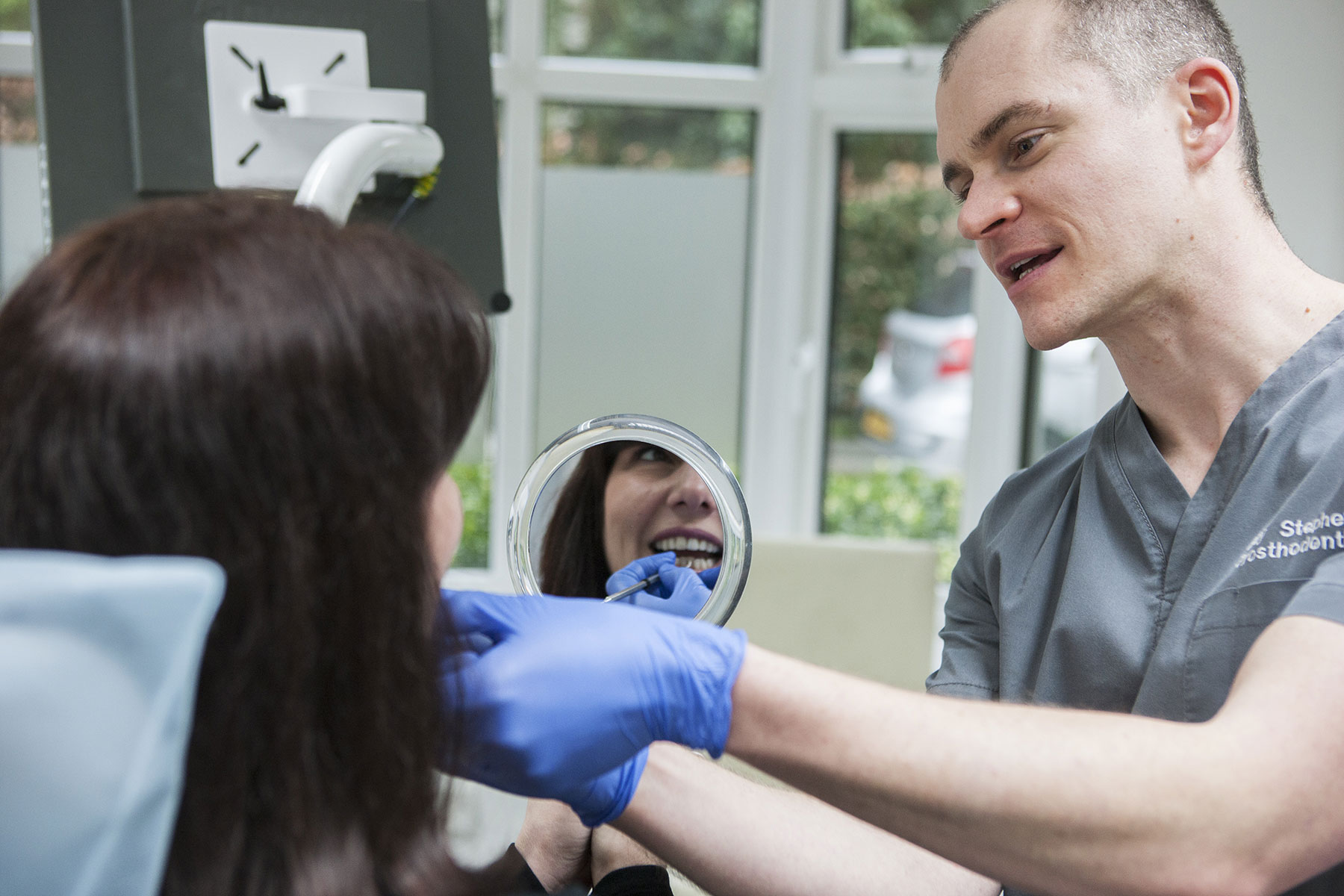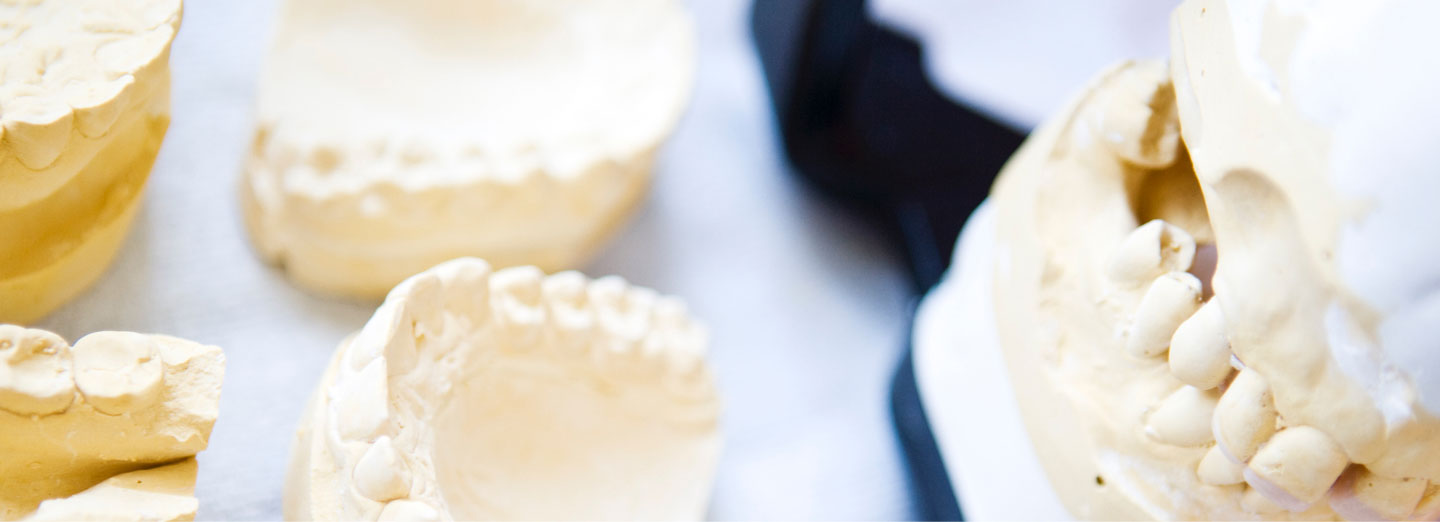28/11/2019
How to care for your teeth from 30-50 years old
Most people of this age were lucky enough to benefit from fluoride toothpaste which was introduced in the 1970s. This means they will have experienced less decay and fewer fillings than their parents’ generation.
However, there are dietary traps that many of us fall into. Fizzy drinks, chocolate, fruit juices, energy bars and energy drinks all negated the benefits of fluoride.
Consequently, the UK suffers from an epidemic of preventable decay.
Avoiding high frequency sugar intake, using fluoride toothpaste and mouth rinse are the keys to prevention. This goes hand-in hand with excellent tooth cleaning.
Bleeding and receding gums
For most people their gums are quite resilient under the age of thirty, but beyond this the ravages of smoking and imperfect cleaning start to show. Bleeding or receding gums are a sign that your gums are unhealthy.
Gum disease is usually painless but your gums and the bone around your teeth can deteriorate badly without you being aware. Gum disease is the most common reason people lose teeth.
Seeing a dentist or hygienist regularly is the best way to prevent this.
Teeth-grinding
The pressures of life, such as climbing the career ladder and bringing up a young family can cause stress in these decades. Many will start to experience teeth-grinding (Bruxism) for the first time which causes:
- Wearing down of the teeth over time
- Tooth sensitivity
- Facial pain
- Headaches
A mouthguard worn at night can provide relief but it’s also important to tackle the root of the stress. Exercise and relaxation techniques can help.
Staining
Around this age, the enamel can become thinner, making your teeth appear more yellow. Stain from tea, coffee or tobacco can compound the problems.
Here’s what you can do to reduce staining:
- Try to avoid food/drinks that stain (tea, coffee, red wine) and acidic food/drinks that erode the enamel (fizzy drinks etc)
- Quit smoking (ask us for help)
- See a hygienist or dentist to remove accumulated stain
- Consider in-chair or home whitening treatment from your dentist
Pregnancy
- If possible, have a dental check prior to conception to spot any potential problems as some dental treatment is not safe to undergo during pregnancy
- Hormonal changes can cause puffy, bleeding gums
- Be extra vigilant about your teeth cleaning
- Seeing a hygienist can help prevent permanent damage to the gums and bone around teeth
- Any problems usually resolve after birth.
Old dental work
- By this age, much existing dental work is old and wearing away – old fillings, crowns that no longer match other teeth, amalgam/silver fillings in back teeth
- Other issues such as uneven teeth, receding gums and worn-down teeth could also now start affecting the appearance of the mouth
- Fillings from childhood/younger years might start to wear out
- Gaps/cracks and old fillings can allow bacteria in which may eventually cause decay. Left unchecked, this can lead to a need for root-canal treatment or loss of the teeth.
- It’s a good idea to ask your dentist to check old fillings before they start causing issues
 This is a description of the image
This is a description of the image
Dentures
A common misconception is that most people don’t need dentures until they’re around retirement age, but dentures can be required at a younger age. Although implants are an alternative, they don’t suit everybody.
- Partial dentures replace individual teeth
- Complete dentures replace all the upper or lower teeth (or both)
- Partial or full dentures may be needed if you have lost teeth due to decay or gum disease, in which case the jaw might not be healthy enough for implants
- Dentures can help with eating and speech problems and can improve the appearance of your smile and therefore, confidence
- When you have dentures, they hold bacteria against your remaining teeth and gums. To avoid further problems, you need to clean even better than before
- Dentures should also be brushed and soaked in a denture cleaning solution daily
Contact us for a check to find out how healthy your teeth are and further treatment or care to improve or maintain them.
Contact us
